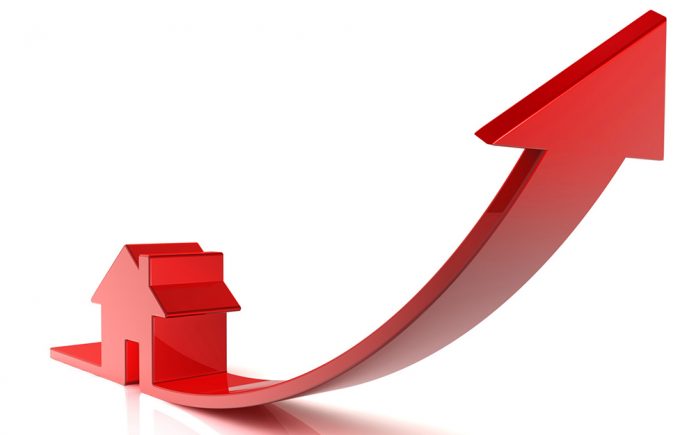
By Haddon Libby
According to a study by Oxford Economics, the household wealth of American families rose by $19 trillion since the start of the pandemic last year. The average increase in net worth by household was 16%. Net worth is calculated by adding the assets of a family like a house, car and/or investments and subtracting liabilities or debts. Debts include things like credit cards, car loans, mortgages and taxes owed. If someone had a net worth of $100,000 going into the pandemic, it would be $116,000 today if they performed to the averages.
While it sounds great that the average family is richer, income was not distributed equally. The top 1% captured 23% of the $19 trillion. The top 20% in terms of net worth captured 80% while those in the bottom 20% captured 2.5% of the wealth increase. While many of us saved money during the pandemic, those with the least continued to receive the least.
Oxford Economics expects that American households will draw down 14% of savings through the end of 2022, or $360 billion. Spending is expected to be robust amongst those in the top 20% as lower income groups struggle with higher prices for food and gas.
The recently passed $1 trillion infrastructure bill is hoped to repair America’s aged infrastructure while providing an economic booster shot to cities across the entire country. If cyber attacks and COVID have shown us nothing, it has demonstrated how poorly maintained our water, power, airports, roads and digital roads have been maintained.
Looking at stock market returns for through July 31st, the S&P 500 index is up 17% while the tech-heavy NASDAQ 100 is up 14%. Excluding the US, the rest of the world posted returns of 9.6% despite Chinese stocks falling 12.5% during the month of June alone. For 2021, Chinese stocks are down 14% due in large part to government crackdowns on stocks listed offshore. Online Chinese educational stocks lost nearly 80% of value as the Chinese government stated their intent to take control of these businesses while banning foreign investment in these companies. With the Biden Administration pushing for all Chinese stocks to conform with Generally Accepted Accounting Principles and External and independent audits, it is becoming clear that the Chinese Communist Party wants to exert more control over these segment of their economy while trying to move more companies to Hong Kong exchanges over foreign exchanges. Between Chinese internal reforms and Biden administration efforts, Chinese stocks have lost a staggering $1 trillion in market value over the last few months.
By industry sector, Energy stocks are up the most in 2021. According to Morningstar, energy stocks are up 35% through July 31st yet down 12% over the last month. The decrease over the last month is due to COVID concerns. Another sector pummeled by COVID that is making a strong comeback in 2021 is the Real Estate sector, up 25%. Utilities were the weakest sector, up 6% with most of these gains coming in July.
As a group, Barclay’s Aggregate Bond Index of US Bonds was down 0.5% for the year, a 1% improvement from only last month. World Bonds were down 3% on the year, 1.5% better than at the end of June. The reemergence of COVID stateside along with its impact on economies around the world has caused interest rates to fall of late. If we were to adjust interest rates to consider the impact of inflation, bondholders are getting a negative return of anywhere up to 10% per year. With this level of real return, is it any wonder why stock markets are at all-time highs?
Haddon Libby is the Founder and Chief Investment Officer of Winslow Drake, an State-Registered Investment Advisory company. For more information, please visit www.WinslowDrake.com.








































